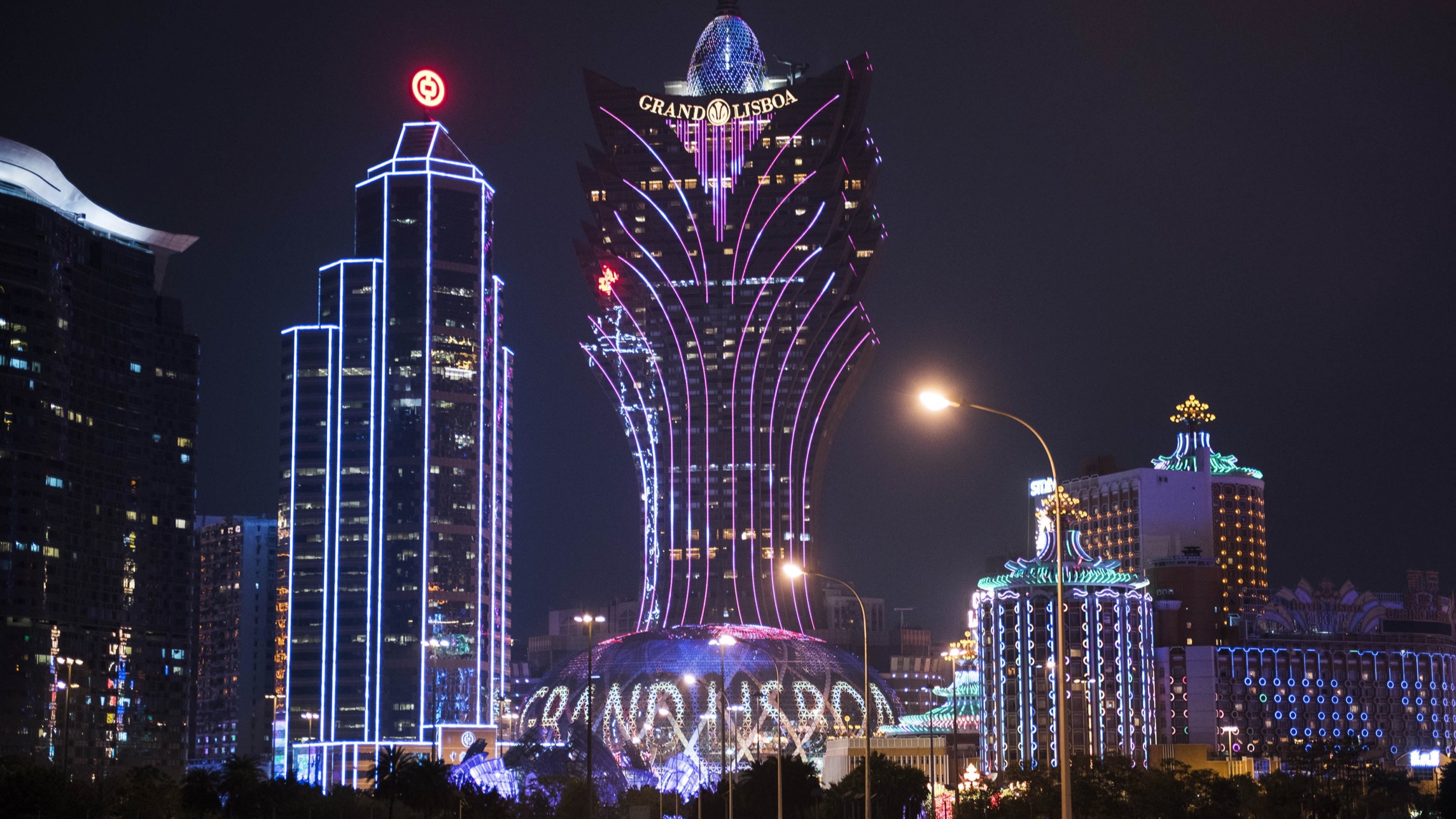
Casino entertainment have long been a fascinating form of entertainment, drawing millions of players from varied cultures around the globe. From the glitzy casinos of Las Vegas to the busy gambling halls of the Chinese gambling capital, these games serve as a link that brings together people across a variety of backgrounds. The allure of chance, tactics, and risk entices not only those seeking to strike it rich but also those looking for a feeling of belonging.
The influence of casino games extends well beyond the gaming floor. They often reflect the values and principles of the cultures in which they flourish. Games such as poker, pontoon, and the wheel game have embedded themselves into the tapestry of popular culture, influencing everything from movies to fashion. As we explore this intriguing intersection of gambling and society, we can gain insights into how these games shape and are influenced by the world around us.
Historical Development of Gaming Activities
The beginnings of gaming games can be traced back to old civilizations, where gambling in various forms was widely practiced. In Ancient China, around 2300 B.C., a type of luck game known as Keno was well-known, while in historic Rome, soldiers would often gamble on the outcomes of their matches. The idea of using luck for amusement and income progressed over the years, leading to the establishment of more structured activities. By the late Middle Ages, gambling houses began to surface in Europe, especially in Italy, which presented early forms of famous games still practiced today.
As gambling gained popularity in Europe, the 17th and 18th centuries saw the appearance of gambling establishments as dedicated venues for betting. The earliest official gaming venue, the Ridotto, was established in the city of Venice in the year 1638, featuring activities like Baccarat and Faro. This era marked a major pivoting point, as casinos started to attract not just the wealthy but also the expanding middle class. The refinement of games evolved, leading to the development of new regulations and variations that enhanced the experience of players.
In the 19th century, the industrial revolution and changes in societal conventions further altered the environment of gambling activities. The launch of the game of roulette and contemporary slot machines drew a more diverse audience, and casinos became seen as acceptable fun. This time witnessed the globalization of gambling, as gambling houses spread from the continent to the Americas, culminating in the creation of the legendary Las Vegas Strip in the twentieth century. The evolution of gaming games has progressed into the current era, incorporating modern technology and online services, rendering them accessible to a worldwide audience.
# Cultural Significance within Various Cultures
Casino games have significant social value in many communities throughout the planet. For instance, in Las Vegas, the very core of the city is woven around casinos, where gaming is not just a recreational activity but a central aspect of leisure and social interaction. The vivid lights and vibrant atmosphere attract a vast audience, showcasing how games of chance can shape local economical structures and cultural uniqueness. This setting transforms the notion of leisure into an engaging event that affects apparel, music, and even movies.
Conversely, some cultures approach wagering with an air of caution, viewing it through the lens of morality and tradition. For example, in many Asian societies, games like Mahjong and Pai Gow Poker are steeped in history and have significant social meanings. These games are often played during gatherings and celebrations, fostering social ties and solidifying family ties. The act of playing these games goes past mere entertainment, reflecting principles such as deference to seniors and the importance of communal fun.
At the same time, in continental countries such as Monaco and Italy, casino games serve as symbols of opulence and sophistication. The elegant atmosphere of these establishments attracts both travelers and locals, maintaining a sense of prestige and rarity. The art of poker and the tactical components of games like banker’s game are esteemed, shaping community relationships and cultivating an attraction that fascinates a diverse audience. This highlights how casino games can both reflect and mold cultural attitudes towards hazard, benefit, and relationship building.
Economic Impact and Travel Industry
Gambling activities play a crucial role in the economic landscape of many areas, particularly those that rely heavily on visitor traffic. The revenue produced from gambling establishments fuels local financial systems, creating employment opportunities not only within the casinos themselves but also in related sectors such as hospitality, restaurant services, and recreation. This surge of tourists, drawn by the allure of gambling and the overall casino experience, stimulates expenditure across multiple businesses, contributing to the economic health of the region.
The existence of casinos often leads to the construction of facilities, including hotels, public transit, and recreational facilities. These improvements are essential in enhancing the overall visitor satisfaction, making locations more appealing to tourists. Additionally, many casinos contribute in local communities through support of events and philanthropic activities, further integrating themselves into the social fabric of the region. Such investment not only supports economic growth but also fosters a positive reputation of the gambling sector. autoesclusione AAMS
Furthermore, the worldwide appeal of casino games drives tourism competition, with regions vying to attract players from across the globe. Iconic destinations like Las Vegas and Macau have become identifiable with casino culture, drawing millions annually. This advantage encourages creativity and diversification within the gaming industry, influencing developments in leisure and hospitality that resonate beyond their borders. The ripple effects of this tourism extend far, impacting local financial health and cultural interactions on a worldwide scale.
